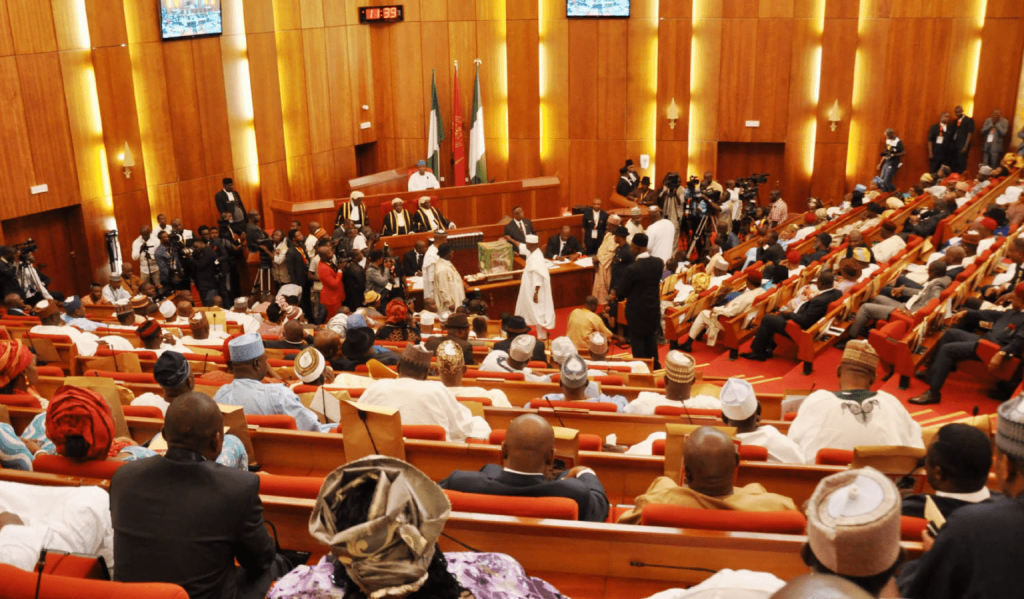Video: House of Representatives rejects US narrative on security crisis as ‘genocide against Christians’

NASS
Video: House of Representatives rejects US narrative on security crisis as ‘genocide against Christians’
Abdullateef Fowewe
The Nigerian House of Representatives has firmly rejected the United States Senate’s portrayal of Nigeria’s security challenges as “genocide against Christians” or state-sponsored persecution.
In a motion presented by Deputy Speaker Benjamin Kalu and unanimously supported by members of the House on Wednesday, Nigeria’s security issues were described as complex and multi-faceted, not targeted at a single religious group.
The motion demands that relevant committees collaborate with the Minister of Foreign Affairs, the Nigerian Embassy in Washington DC, and security agencies to issue a formal diplomatic protest against the US Senate’s bill within 21 days.
Kalu stated, “Mister Speaker, honorable colleagues, the house recognises that Nigeria’s Constitution guarantees freedom of thoughts, conscience and religion, and bars adoption of a state religion—successive administrations, security agencies, faith leaders, and civil society continue to undertake measures to protect all worshippers and prosecute offenders.”
He further emphasised, “Insecurity in Nigeria is complex and multi causal, driven by insurgency, criminal banditry, farmer-herder conflicts, separatism, elections, and communal disputes affecting citizens of all faiths. International reporting attributes a significant share of fatalities to terrorist groups and criminal gangs, rather than state policy on a single religious dynamic.”
Kalu also expressed concern that “External legislative action based on incomplete or decontextualized assessment risks undermining Nigerian sovereignty, misrepresenting facts, straining strategic relations, and unintentionally emboldening violent actors.”
The House highlighted the longstanding partnership between Nigeria and the United States in areas including counter-terrorism, human rights, democratic governance, and interfaith dialogue, stressing the importance of tolerance and inclusiveness as advocated by the African Union.




